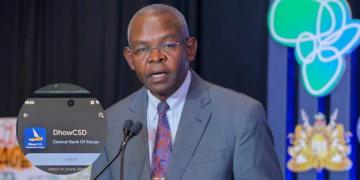Africa experiences a variety of natural disasters with floods and droughts documented as the most prevalent and impactful. Other significant hazards include landslides, storms, earthquakes, volcanic eruptions, and wildfires.
Tsunamis are a potential threat, particularly along the coastline as well.
Floods in Africa cause widespread damage and displacement of people, mounting pressure on governments.
According to Kenya’s President William Ruto, “Africa must step forward as the cornerstone around which effective climate solutions are built.”
In Africa, extreme weather and climate change severely affect the socio-economic development leading to hunger and food insecurity according to a 2024 report by the World Meteorological Organization.
Many African countries, particularly those in arid and semi-arid regions are likely to experience droughts and food insecurity as a long-term effect.
The changing weather patterns in Africa
In addition, heavy rains and storms including tropical cyclones and tornadoes have severe effects and a major threat to infrastructure and populations.
WMO reports that 2024 was among the Africa’s the warmest years since record begins over 120 years ago
In Africa, landslides mostly lead to heavy rainfall or earthquakes particularly in mountainous areas. While not as frequent as floods and droughts, earthquakes and volcanic eruptions can still occur and have devastating impacts. Wildfires are a recurring hazard in many parts of Africa, often exacerbated by dry conditions and human activity.
Also Read: IGAD Warns of Heavier Rains in Kenya and Eastern Africa From June to September 2025
World Metrological Organization’s 2025 report states that extreme weather and climate change hit Africa hard.
During the year under review, Africa experienced a range of natural disasters, including severe flooding in East and West Africa, and drought conditions in Southern Africa. Therefore, teaching disaster management at higher education institutions is a globe concern particularly in Africa.
Training and education
Teaching disaster management at higher education institutions in Africa is gaining traction, with several universities offering dedicated programs and research centers focused on disaster risk reduction (DRR) and resilience building.
These initiatives aim to equip individuals with the necessary skills and knowledge to respond to and recover from disasters, while also promoting a proactive approach to disaster prevention and mitigation.
African Universities are performing vital role in training the youth about disaster management, but it needs to further strengthen the disaster management programs for the successful contributions of youth to well address the natural disasters.
Key aspects of teaching disaster management in African higher education
Universities are establishing dedicated centers and departments, like the Disaster Management Training and Education Centre for Africa (DiMTEC) at the University of the Free State to offer postgraduate diplomas, master’s, and PhD degrees in disaster management.
These programs incorporate research components to address specific regional challenges and develop context-specific solutions.
They also provide short learning programs (SLPs) and training for professionals in the field.
Also Read: El Nino and Other Climate Patterns to Watch in 2025
A central focus is on disaster risk reduction (DRR), which includes prevention, mitigation, preparedness, response, and recovery.
Disaster management education often involves an interdisciplinary approach, drawing on expertise from various fields like environmental science, engineering, social sciences, and public health.
Many programs emphasize community engagement and participation in DRR efforts, recognizing the importance of local knowledge and involvement.
Universities are also working to address the challenges in implementing effective DRR strategies, such as limited technical and institutional capacities, lack of funding, and governance issues.
Higher education institutions are collaborating with national disaster management centers and other stakeholders to ensure a coordinated and effective approach to disaster management education and research.
In South Africa, the National Disaster Management Centre (NDMC) has launched a National Research Agenda to bring together all institutions offering DRR education to ensure uniformity in research and training.
The Way Forward
Keeping in view the nature of natural disasters and climate change, innovative strategies should be inculcated in the curriculum of the higher education institutions.
Training programs in the form of workshops, seminars and conferences should be the part of every degree program to well aware and well train the youth to address the future situations of natural disaster and climate change.
Follow our WhatsApp Channel and X Account for real-time news updates.
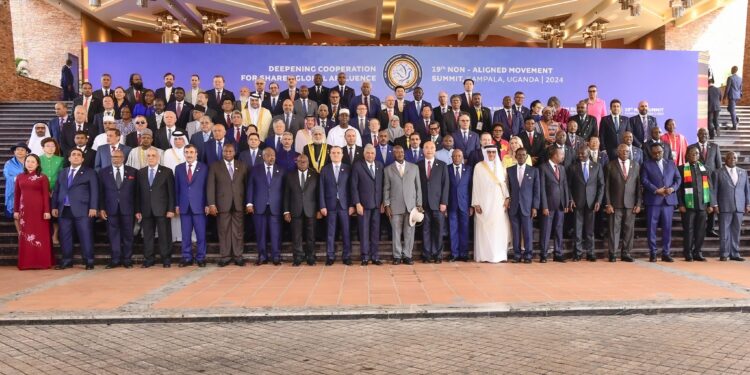





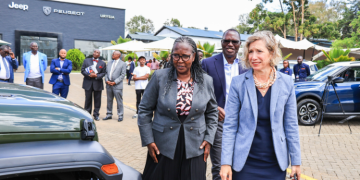

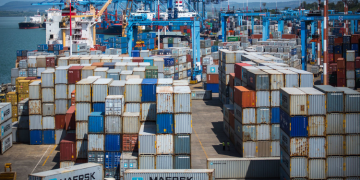
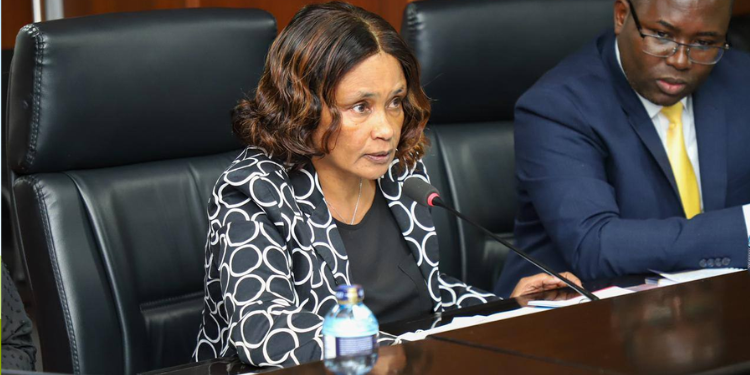









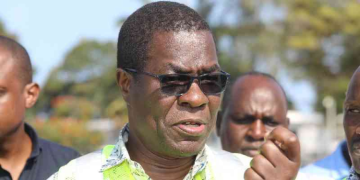



![Billions Each Top Kenyan Bank Has Made So Far In Profits This Year [List] Q3 2025 Results For Equity, Kcb, Co-Op, Absa And Other Banks]( https://thekenyatimescdn-ese7d3e7ghdnbfa9.z01.azurefd.net/prodimages/uploads/2025/11/C0-OP-KCB-Equity-Absa-360x180.png)
